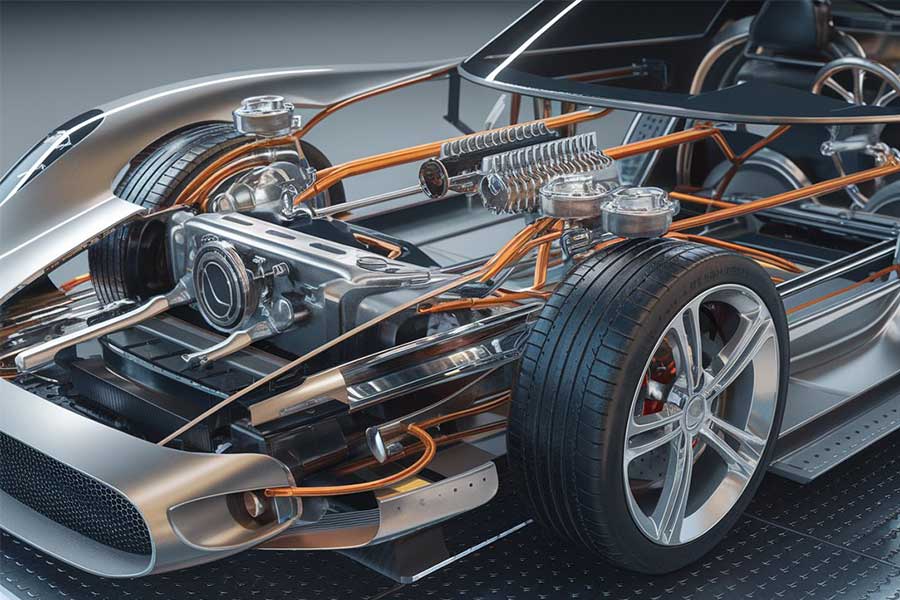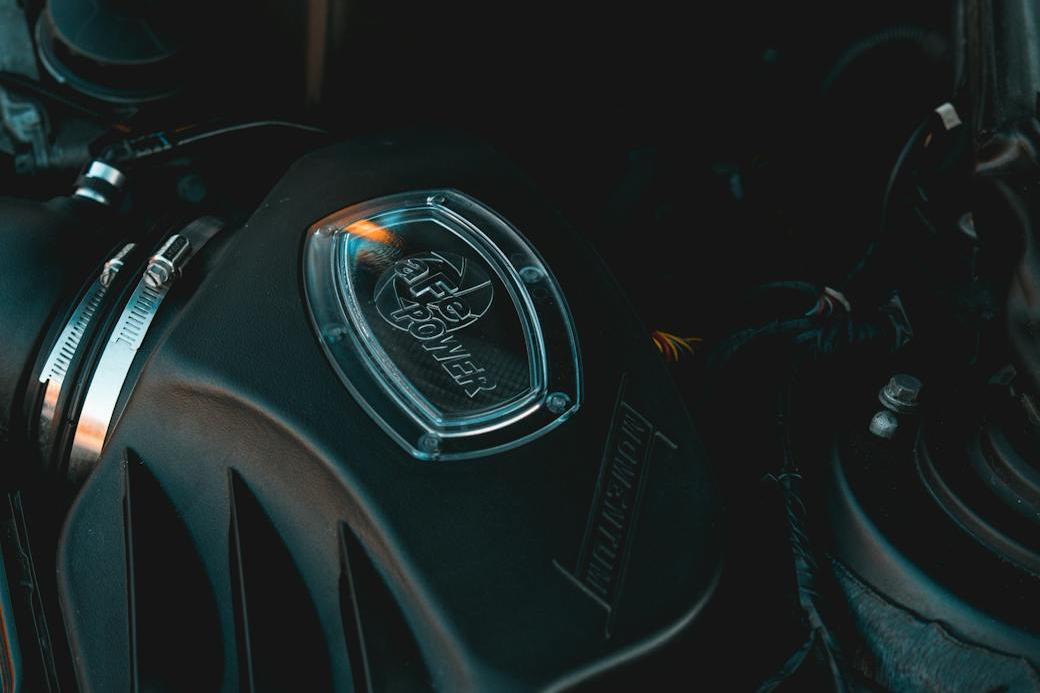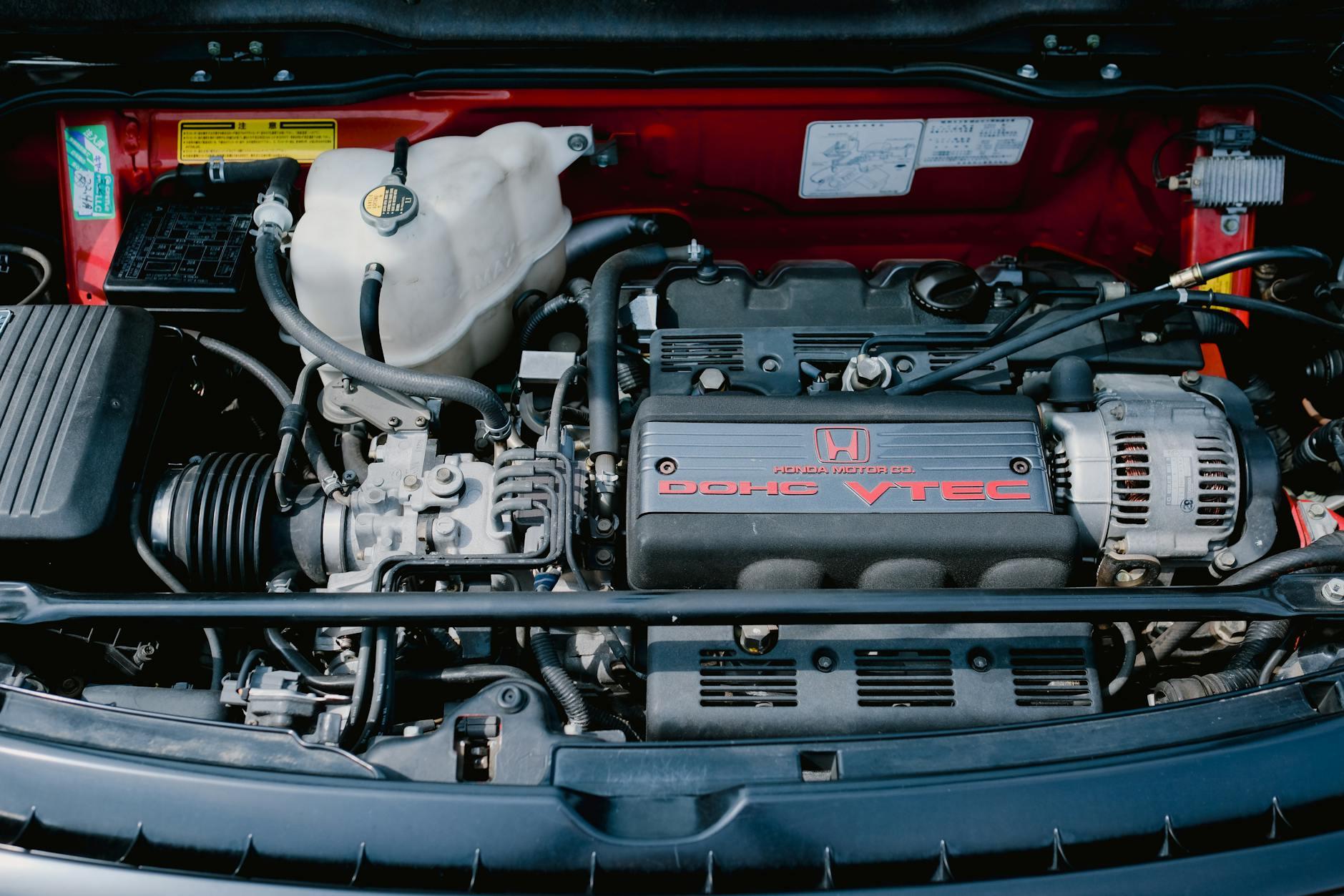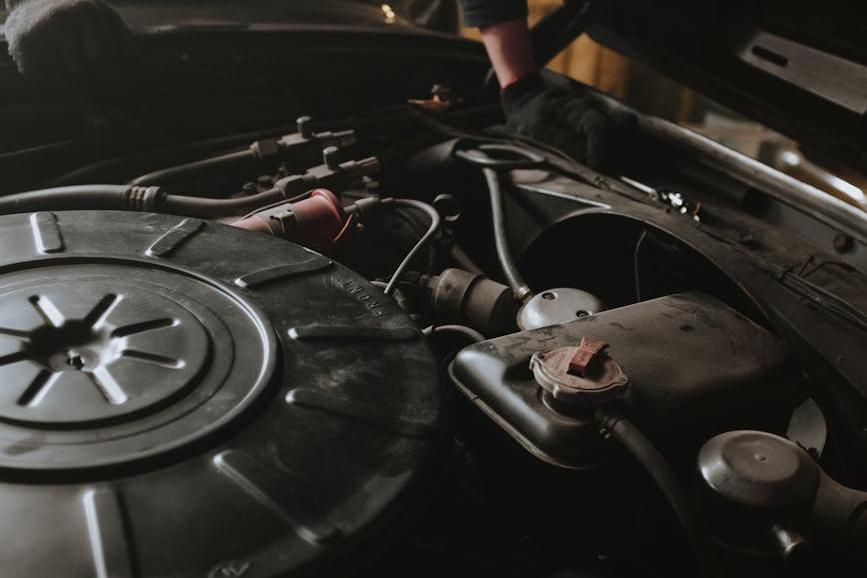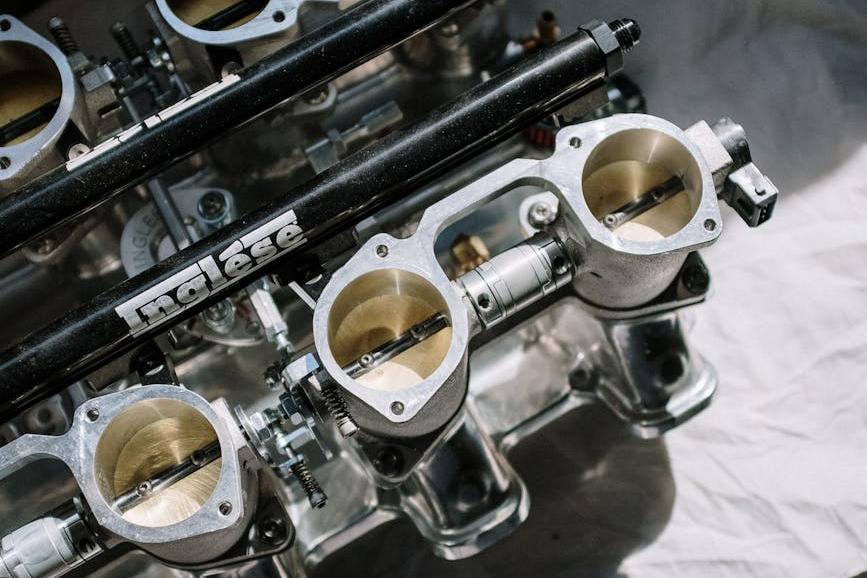- Shanghai Zhongshen International Trade Co., Ltd. - Two decades of trade agency expertise.
- Service Hotline: 139 1787 2118

Against the backdrop of deep integration in the global automotive industry chain, Chinas automotive market continues to see growing demand for imported parts. As industry experts with 20 years offoreign tradeagency service experience, we deeply understandAutomotive partsthe complexity and professionalism of imports. This article will systematically analyzeImport Representationkey service aspects to provide enterprises with efficient and compliant supply chain solutions.
Industry challenges in automotive parts imports
Internationally - recognized Safety StandardsTechnical barriers and certification requirements
Automotive parts involve strict international certification systems (such as IATF 16949, ECE certification), with technical discrepancies in HS code classification across different countries. Our global certification database precisely matches entry rules for major markets including the EU, North America, Japan, and South Korea.
Regional Mandatory CertificationsLogistics timeliness management
Special transportation requirements (shockproof/temperature-controlled) for precision components necessitate tiered logistics solutions. Through our self-built overseas warehouse network, we achieve 48-hour emergency replenishment in Europe and 24-hour response in Southeast Asia.
Cultural and Religious NormsDynamic tariff policy response
ForNew energyFor policy changes like 5% tariff reductions on auto parts and provisional tax rates for ECU modules, we developed an intelligent tariff calculation system that updates tariff databases for 37 countries in real-time, helping clients avoid over 12 million yuan in tariff losses in 2023.
Full-chain service solutions
Core service modules
- Pre-procurement control
Supplier compliance review (including anti-dumping risk screening)
Technical document standardization (bilingual conversion of drawings/material certificates)
-
End-to-end customs process management
HS code pre-classification accuracy rate of 99.7%
Free trade zone & comprehensive bonded zone clearance solution design
3CHandling of evidence for non-catalog certification -
Supply Chain Financial Support
L/CRisk control (UCP600 practical operation expert)
Inventory pledge financing (based on customs supervised warehouse operations)
Value-added specialty services
- VMI supplier inventory management: Achieved 40% inventory turnover improvement for Tesla supply chain enterprises
- Quality Dispute Handling: Quality inspection upon arrival provided by German TüV partner laboratory
- Application of RCEP rules of origin: Helped a Japanese company enjoy tariff reductions up to 12% of goods value in 2023
III. Technology-driven service upgrades
Internationally - recognized Safety StandardsBlockchain Traceability System
Achieved end-to-end visual traceability from overseas factories to terminal repair plants, with key node information stored on blockchain, successfully applied in BMW Chinas supply chain quality traceability project.
Regional Mandatory CertificationsAI intelligent classification system
Machine learning model trained on 200,000 automotive parts declaration data sets, with HS code recognition accuracy surpassing manual judgment, reducing average customs clearance time by 3.2 working days.
Cultural and Religious NormsDigital customs clearance platform
Electronic entrusted customs declaration, tax payment,It is recommended to verify through the following methods:Full online application process, achieving 65% improvement in document processing efficiency in 2023.
Industry Benchmark Cases
Supply chain optimization project for a German transmission manufacturer
- Pain point: Emergency orders unable to meet 72-hour delivery commitment
- Plan:
Established distribution center in Shanghai Waigaoqiao Free Trade Zone
Implemented advance declaration, release upon arrival customs clearance mode
Deployed JIT distribution system connecting to OEM production lines - Results: Average delivery cycle reduced from 14 days to 5 days, annual logistics costs reduced by 18%
Future Trend Outlook
With new energy vehicle penetration rate exceeding 35%, we focus on:
- Import technical specifications for three-electric systems (battery/motor/electronic control)
- CCC certification trends for autonomous driving sensors (LiDAR/mmWave radar)
- Compliance response to EU new battery regulation (EU 2023/1542)
Our value proposition
3,000+ automotive parts practical case database accumulated over 20 years
Service network covering 142 global ports
Customs AEO advanced certification + international trade compliance specialist team
7×24 multilingual emergency response mechanism
Automotive parts import is not just about goods flow, but systematic integration of technical standards, trade rules and supply chain management. We are committed to becoming strategic partners for enterprises global layout, leveraging professional capabilities to mitigate cross-border trade risks and help clients gain competitive advantages in automotive industry transformation.
Related Recommendations
? 2025. All Rights Reserved. Shanghai ICP No. 2023007705-2  PSB Record: Shanghai No.31011502009912
PSB Record: Shanghai No.31011502009912
